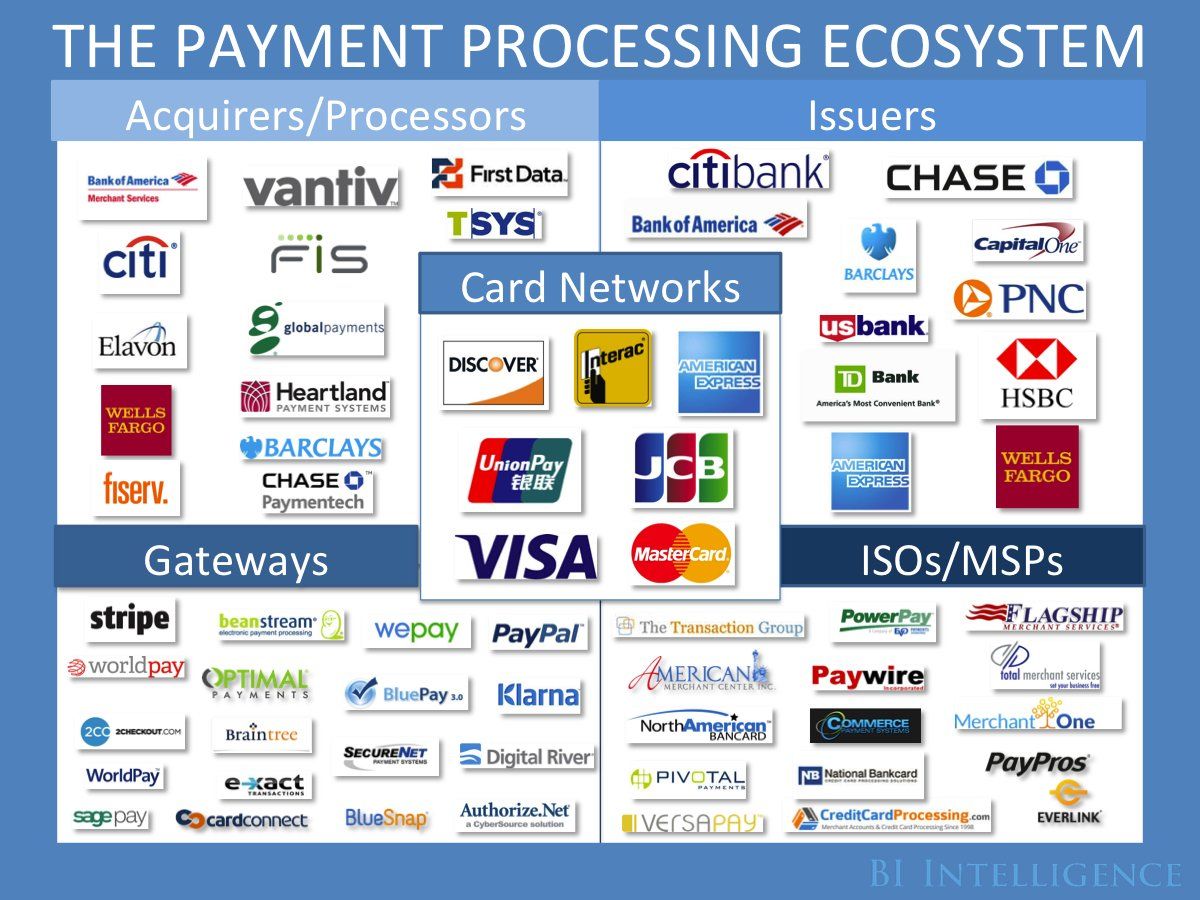What is Ecommerce Merchant Processing?
Ecommerce merchant processing refers to the methods and systems that allow online businesses to accept payments for goods and services. It involves a complex network of technology and financial services that facilitate the transaction process, ensuring that money is transferred securely from the customer’s bank account to the merchant’s account. At its core, ecommerce merchant processing includes several key components: payment gateways, payment processors, and merchant accounts. Payment gateways are responsible for authorizing the transactions, while payment processors handle the actual transfer of funds. Merchant accounts are specialized bank accounts that hold the funds from sales until they can be transferred to the business’s primary bank account. Understanding this infrastructure is essential for any online business aiming to provide a seamless shopping experience for its customers.
The Importance of Choosing the Right Payment Gateway
Selecting the right payment gateway is crucial for ecommerce success. A payment gateway serves as the bridge between the customer and the merchant, and its effectiveness can significantly impact the user experience. Factors to consider include transaction fees, security features, compatibility with various payment methods, and ease of integration with your ecommerce platform. A good payment gateway should also offer reliable customer support and be scalable to accommodate your business’s growth. Popular options include PayPal, Stripe, and Square, each offering unique features that cater to different types of businesses. By choosing the right payment gateway, merchants can enhance customer satisfaction, reduce cart abandonment rates, and ultimately drive higher sales.
Security Measures in Ecommerce Merchant Processing
Security is a paramount concern in ecommerce merchant processing, given the rise in online fraud and data breaches. Protecting sensitive customer information, such as credit card numbers and personal details, is essential for maintaining trust and credibility. To ensure secure transactions, merchants should look for payment processors that comply with the Payment Card Industry Data Security Standard (PCI DSS). This standard outlines the necessary security measures to protect card information during and after a transaction. Additionally, implementing SSL (Secure Socket Layer) certificates can encrypt data exchanged between the customer and the website, further safeguarding against cyber threats. Regularly updating security protocols and monitoring for suspicious activity are also essential practices that can help mitigate risks.
Trends Shaping the Future of Ecommerce Merchant Processing
The landscape of ecommerce merchant processing is continuously evolving, influenced by technological advancements and changing consumer behaviors. One notable trend is the rise of mobile payments, which allows customers to make purchases using their smartphones or other mobile devices. As more consumers prefer the convenience of shopping on their mobile devices, merchants must ensure their payment processing solutions are optimized for mobile transactions. Additionally, the integration of artificial intelligence and machine learning into payment processing systems is enhancing fraud detection capabilities and improving the overall customer experience. Another emerging trend is the shift towards alternative payment methods, such as cryptocurrency, which is gaining traction among tech-savvy consumers. By staying informed about these trends, merchants can adapt their strategies to meet changing market demands and remain competitive in the digital marketplace.
Conclusion
Ecommerce merchant processing is a vital aspect of running an online business, influencing both operational efficiency and customer satisfaction. By understanding the components of merchant processing, selecting the right payment gateway, prioritizing security measures, and keeping abreast of industry trends, merchants can create a secure and user-friendly shopping experience. This not only builds trust with customers but also drives business growth in an increasingly digital world. As ecommerce continues to expand, effective merchant processing will remain a cornerstone of successful online retail strategies.





